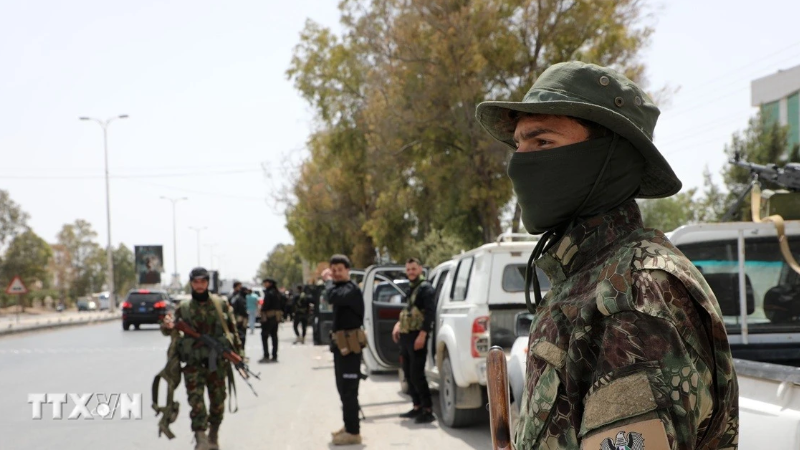There is growing hope for Syria’s successful revival. On September 24, for the first time since 1967, a Syrian president addressed the United Nations General Assembly.
Several other diplomatic achievements have been recorded. Syria and Lebanon have reached agreements to resolve outstanding issues, including border demarcation and the repatriation of refugees. Saudi Arabia and Qatar recently announced a joint aid package of 89 million USD for Syria’s public sector.
The Syrian government’s reconciliation and integration efforts are undeniable. Damascus has gradually re-established relations with neighbouring countries through dialogue, despite earlier scepticism from some states regarding the new administration’s capacity to govern effectively.
Syria’s positive transformation in recent months reflects, to some extent, the new government’s constructive direction. This lays a foundation for Damascus to gain trust and support from the international community, thereby attracting foreign investment and aid - key elements in rebuilding an economy severely damaged by conflict.
The Higher Committee for People’s Assembly Elections has announced that parliamentary elections will be held on October 5, marking the first legislative election since the overthrow of former President Bashar al-Assad’s government in December 2024.
Originally scheduled for September 2025, the Syrian parliamentary elections were postponed due to clashes in Sweida province in July. Violence arising from conflict and ethnic tensions has long been a persistent problem in Syria, a nation fractured by years of civil war. Prolonged conflict has deepened sectarian and ethnic divisions, making unified governance across the country’s factions extremely difficult.
Reuters notes that Syria’s complex ethnic and sectarian landscape poses a profound challenge for national reconciliation and unity. The Middle Eastern state is home to a majority Sunni Muslim population alongside minority communities including Alawites, Christians, Druze, and Shiite Muslims. Recent unrest in Sweida erupted when the Druze community and Bedouin tribes clashed, drawing interim Syrian government forces into the conflict. The instability in Sweida exemplifies Syria’s fragile political transition.
Moreover, Syria has long been considered a “strategic chessboard” for external powers, serving as a theatre for competing interests among states such as Turkey, Israel, Iran, and others. Israel’s ongoing airstrikes related to unrest in the south have further exacerbated insecurity in Syria and the broader Middle East.
While recognising Syria’s reconstruction and integration efforts, UN diplomats have also highlighted concerns over governance and human rights in the country.
Rebuilding Syria from the ruins of war is not merely about restoring its economy and infrastructure; more importantly, it is about restoring trust - the trust of Syria’s diverse ethnic communities and that of the international community.
















